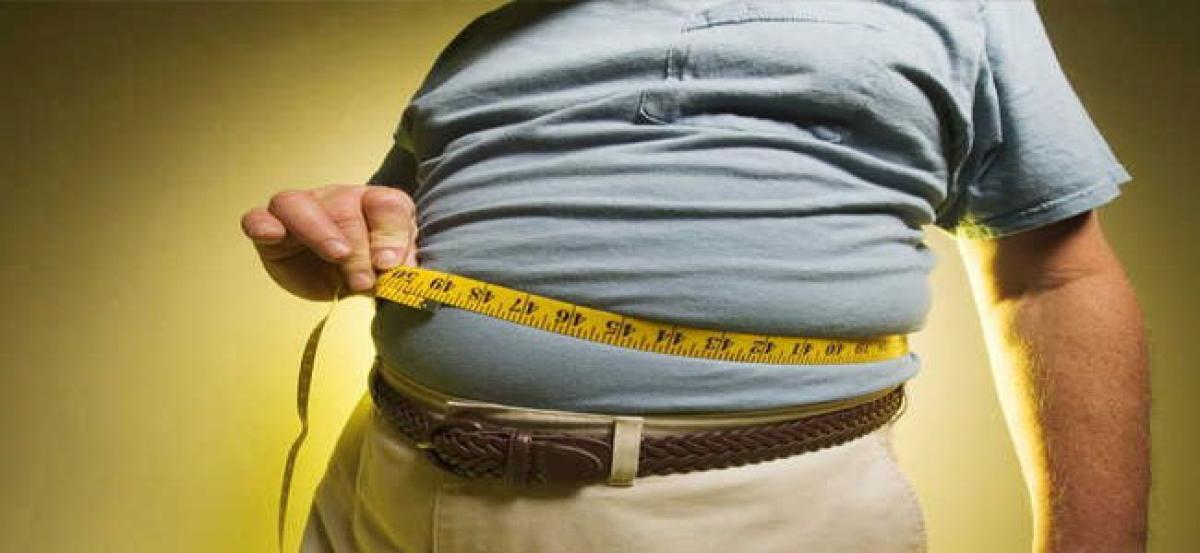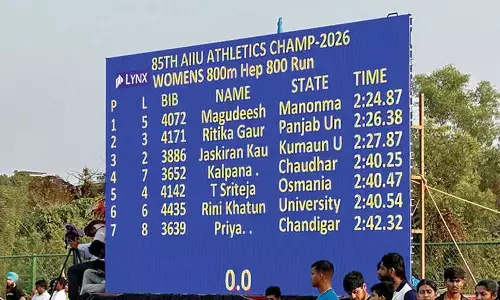CO2 injections may help cut belly fat

Injecting fat pockets with carbon dioxide gas may help reduce belly fat, scientists have found Carboxytherapy could potentially be a new and effective means of fat reduction It still needs to be optimised, though, so its long lasting, said Murad Alam, from Northwestern University in the US
Washington : Injecting fat pockets with carbon dioxide gas may help reduce belly fat, scientists have found. "Carboxytherapy could potentially be a new and effective means of fat reduction. It still needs to be optimised, though, so it's long lasting," said Murad Alam, from Northwestern University in the US.
The new technique's benefits are that it is a "safe, inexpensive gas, and injecting it into fat pockets may be preferred by patients who like natural treatments," said Alam, lead author of the study published in the Journal of the American Academy of Dermatology. Current technologies routinely used for non-invasive fat reduction include cryolipolysis, high intensity ultrasound, radiofrequency, chemical adipocytolysis and laser-assisted fat reduction. Carboxytherapy has been performed primarily outside the US, with a few clinical studies suggesting it may provide a lasting improvement in abdominal contours. The way carboxytherapy works is not well understood.
It is believed that injection of carbon dioxide causes changes in the microcirculation, and damages fat cells. No randomised controlled trials for carboxytherapy efficacy and benefit over time have been previously conducted. The purpose of this study was to assess the effectiveness of carboxytherapy for fat reduction in a randomised, controlled trial, and to determine if any observed benefits persisted for six months.
The study consisted of 16 adults who were not overweight and were randomised to get weekly carbon dioxide gas injection to one side of their abdomens and a sham treatment on the other side once a week for five weeks. A high-resolution ultrasound detected a reduction in superficial fat after five weeks but not at 28 weeks. The patients' body weight did not change over the course of the study.

















